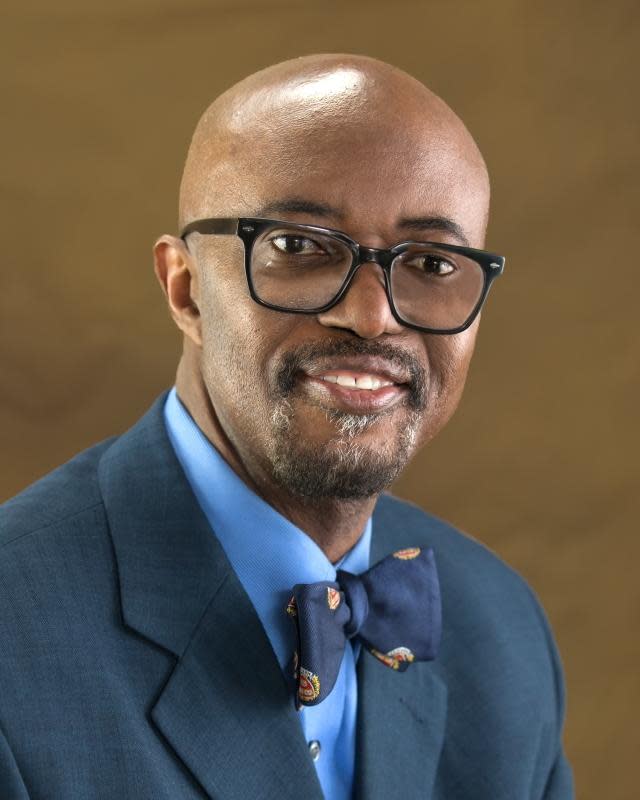Kojo Quartey: Kwanzaa: What it is and what it is not

During this holiday period as many of us celebrate Christmas, Hanukkah and the New Year, others are also celebrating Kwanzaa. I am by no means an expert on Kwanzaa and I do not celebrate it, even though I very well could and that would not negate anything else I celebrate as a Christian.
So just what is Kwanzaa? Who celebrates it? How did it begin? And what is it or is it not?
Throughout the years, I have been asked to speak on Kwanzaa, primarily because of my African background. There were those who thought it was a holiday celebrated in Africa and so I could provide information on just how Africans celebrate it.
Let me begin by staying categorically that Kwanzaa IS NOT an African celebration. According to the African Center at the University of Pennsylvania, “This celebration is not a festival originating in any of the 55 African countries nor is it an ‘African’ Christmas celebration. Kwanzaa is an African American celebration of life from December 26 to January 1.”
That said, let me provide a few points on what Kwanzaa is not, before I explain what it is.
What Kwanzaa is not
Kwanzaa did not originate anywhere in Africa and is not celebrated there.
Kwanzaa is not a replacement for Christmas.
Kwanzaa is not a religious celebration.
Kwanzaa is not meant for only Black people, so it is not Black Christmas!
What Kwanzaa is
Kwanzaa is a nonreligious festival whose concept was developed by Maulena Karenga, here in the United States in 1966. Karenga was a professor and chair at California State University, Long Beach.
Karenga developed the holiday as a celebration of the African American family, community and culture.
Kwanzaa is a nonreligious holiday celebrating pride and culture and it means “first fruits” in Swahili. It is celebrated over a seven-day period with each day representing a key value/principle called the Nguzo Saba.
The seven values/principles are, according to the National Museum of African American History and Culture: Umoja (unity), Kujichagulia (self-determination), Ujima (collective work and responsibility), Ujamaa (cooperative economics), Nia (purpose), Kuumba (creativity), and Imani (faith).
Karenga modeled the holiday after several festivals in Africa, many of which are more similar to Thanksgiving than to Christmas. For example, the Ashanti Yam Festival in Ghana is a time of celebrating the harvesting of yams, and the Homowo Festival celebrated by the Ga tribe in Ghana, celebrates the harvest over several days. Also, the Umkhosi Wokweshwama is the annual harvest festival of the Zulu people of South Africa. Such festivals celebrating harvests abound around the world, not only in Africa, but in Europe, India and other parts of Asia.
While primarily celebrated by African Americans, anyone can celebrate Kwanzaa, according to history.com. There are many Christians who celebrate both Christmas and Kwanzaa. According to Karenga, “Kwanzaa is not a religious holiday, but a cultural one with an inherent spiritual quality. Thus, Africans of all faiths can and do celebrate Kwanzaa, i.e., Muslims, Christians, Black Jews, Jews, Buddhists, Baha’i, and Hindus, as well as those who follow the traditions of Maat, Yoruba, Ashanti, Dogon, etc.” He adds that non-Black people can also enjoy Kwanzaa, just as non-Mexicans celebrate Cinco de Mayo, for example.
Kwanzaa, although it originated in modern times, is celebrated by millions of all races, ethnicities and religions around the world. While it emphasizes Black pride, unity and responsibility, it can apply to anyone of any race, ethnicity, culture and religion. Its celebration is educational and uplifting for many who lack pride in themselves and their culture. The seven principles of Kwanzaa are applicable to any group, family, community, or nation. They are basic principles that strengthen or bind any group together for collective progress. The holiday has been widely accepted by many and continues to gain popularity: the U.S. Postal Service issues Kwanzaa stamps, there are Kwanzaa greeting cards, children’s books and numerous celebrations around the world. There is a wealth of Kwanzaa information available on the internet and at your local library here in Monroe.
Kojo Quartey is president of Monroe County Community College and an economist.
This article originally appeared on The Monroe News: Kojo Quartey: Kwanzaa: What it is and what it is not

